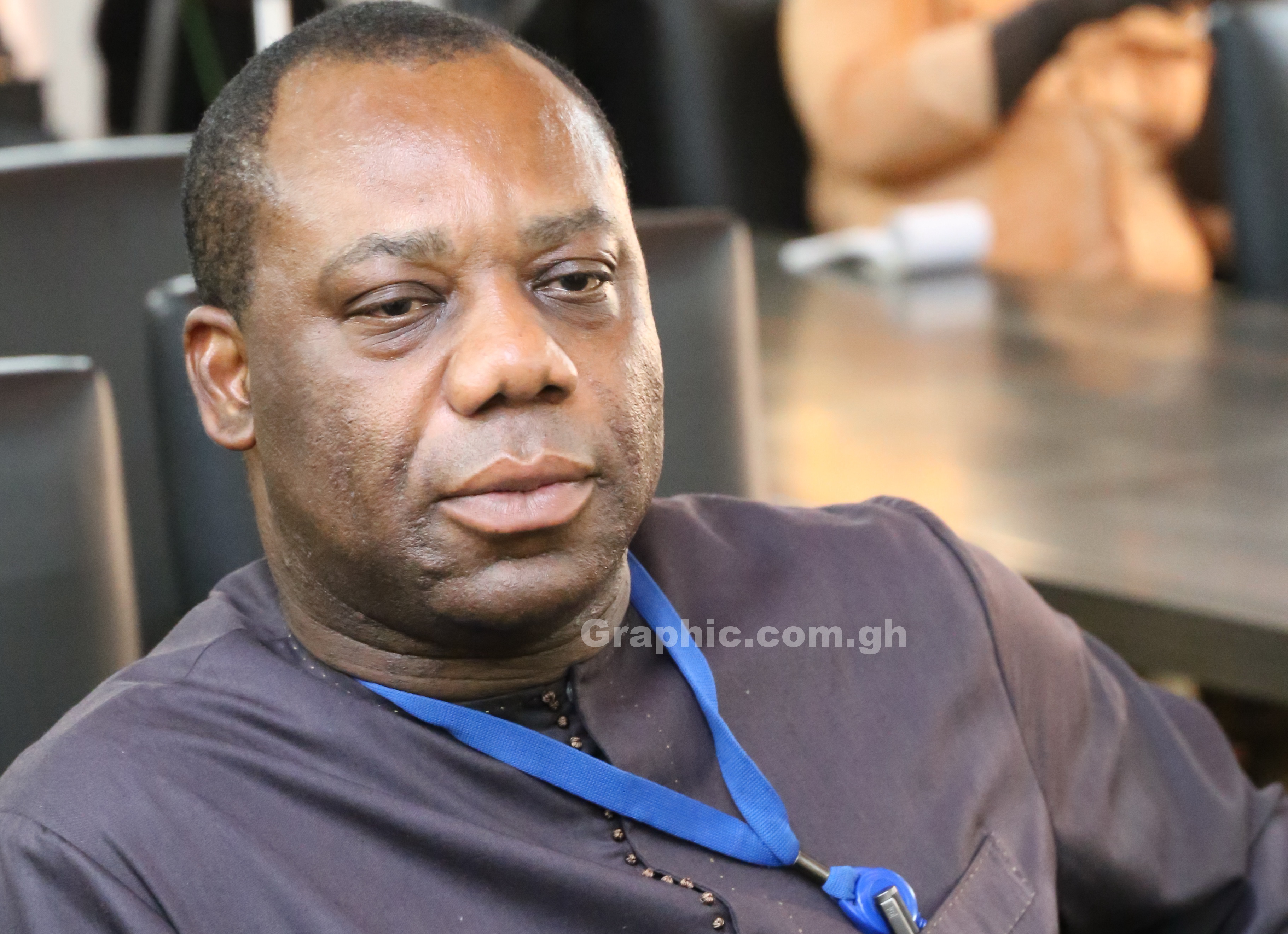
Let’s support free SHS policy devoid of partisanship
Education, it is said, is the shortest way out of poverty and, for that matter, the greatest asset one can bequeath to one’s children.
That explains why some parents go the extra mile to pay more to get the best of education for their children, knowing that is the surest way to make them independent in life.
Even though basic education has achieved a reasonable level of success, access to secondary education remains a serious challenge to the progression on the educational ladder for many schoolchildren.
It is a fact that many of the large numbers of street hawkers in our major cities are basic school leavers, who, for various reasons, could not continue their education after the junior high school (JHS).
Various interventions by past governments to support Ghanaian basic school children to continue to the secondary level had been instituted.
In spite of all these, accessing secondary education remains a mirage for many families and children. Ghana, as a member of the United Nations, is enjoined to strive to meet the 17 Sustainable Development Goals (SDGs).
SDG Four places emphasis on inclusive and equitable quality education and promotion of lifelong learning opportunities for all. This is where Ghana is lacking.
It is in this context that in 2008 and 2016, President Nana Addo Dankwa Akufo-Addo, then a candidate, promised to implement free universal secondary education by making secondary education free for every Ghanaian child.
The idea was rubbished as unattainable by many, including the biggest opposition political party, the National Democratic Congress (NDC).
However, when the NDC won the 2008 and the 2012 elections, it adopted the progressively free secondary education programme and by the 2015/16 academic year, the government absorbed the one-term fee items and all recurrent fee items of 320,488 day students in public senior high schools.
Last Thursday, the Minister of Education, Dr Matthew Opoku Prempeh, met journalists to outline the implementation plan of the free SHS education, acknowledging that even though there were economic challenges and expressions of misgivings in certain quarters, the government was going ahead to implement the policy.
Statistics available show that out of the number of qualified SHS candidates placed by the CSSPS yearly, over 25 per cent do not enrol as compared to the northern scholarship admission and placement trends, which show that an average of 11.48 per cent of candidates placed by the CSSPS do not enrol.
The Daily Graphic applauds the President for holding firm to his campaign promise and urges Ghanaians to put aside partisan politics and support the policy to succeed.
After all, if it succeeds, it is Ghanaian children who will benefit and it will help those who otherwise would not have had the opportunity to access secondary education to do so.
